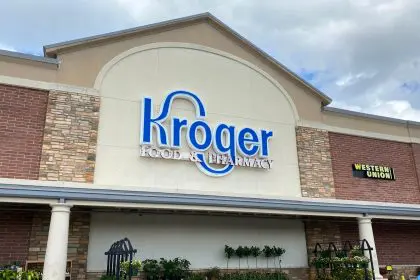As the demand for skilled trades continues to grow, private equity firms are increasingly turning their attention to acquiring skilled trades companies. This trend is driven by the stability and earning potential these businesses offer, especially during uncertain economic times. According to a report from the Wall Street Journal, nearly 800 skilled trades companies have been acquired and consolidated by PE firms since 2022, highlighting a significant shift in the industry.
Why skilled trades are attractive to investors
Skilled trades, including heating, ventilation and air conditioning (HVAC), plumbing and electrical work, have become favorable investments due to their resilience in fluctuating markets. These businesses often stem from the entrepreneurial aspirations of trained professionals, making them lucrative opportunities for investors. However, the acquisition process typically involves transferring management from the original owners, which may have been passed down through generations or entrusted to long-time employees.
Despite the potential loss of family-run management, many owners are opting to sell their businesses for substantial payouts. This trend has led to the emergence of a new class of millionaires among entrepreneurs who have successfully sold their skilled trades companies, as reported by Forbes.
The impact of acquisitions on the market
Private equity firms are not just acquiring these companies; they are also implementing aggressive operational and marketing strategies to enhance customer outreach. By consolidating smaller businesses, these firms can create larger entities capable of dominating the market, ultimately leading to higher valuations upon resale.
Increasing interest in skilled trades careers
The rise in acquisitions has coincided with a surge in interest among younger demographics pursuing careers in skilled trades. Data from the National Student Clearinghouse Research Center indicates a 16% increase in enrollment in vocational-focused community colleges between 2022 and 2023. This growing interest is particularly notable among Black students, who represent over 80% of enrollments at North American Trade Schools, according to Data USA.
Disparities in representation
Despite the high enrollment rates of Black students in trade schools, their representation in the workforce is disproportionately low. The Bureau of Labor Statistics reveals that only 6% of construction workers and 10% of electricians in the United States are Black. This disparity raises concerns about the accessibility of these lucrative careers for Black individuals.
Challenges faced by Black workers in the skilled trades
The trend of private equity acquisitions may pose challenges for emerging and current Black trade workers. As firms prioritize profit margins, there is a risk of cost-cutting measures that could negatively impact employees. These measures might include reduced benefits, increased workloads and job insecurity, all of which can create a less favorable working environment.
Furthermore, the shift toward corporate ownership may limit pathways to ownership for Black workers. Historically, small businesses in the skilled trades have provided opportunities for Black professionals to build their own enterprises. However, the current trend of consolidation could diminish these opportunities, leading to a workforce that is less diverse and potentially less responsive to the needs of its customers.
The growing interest of private equity firms in skilled trades presents both opportunities and challenges. While the potential for financial gain is significant, it is crucial to address the disparities in representation and the impact on Black workers in the industry. Ensuring that these workers have access to ownership opportunities and fair working conditions will be essential for fostering a more equitable future in the skilled trades.















